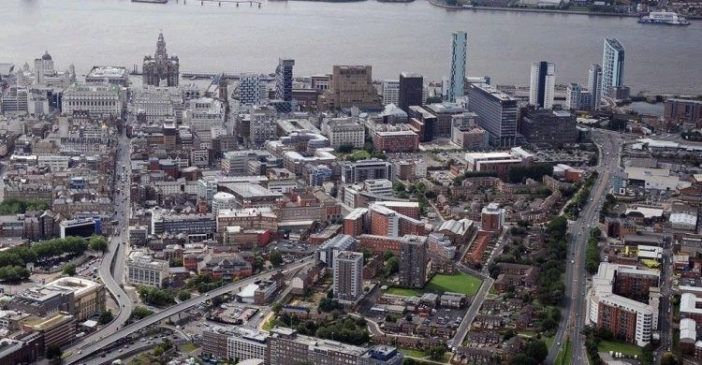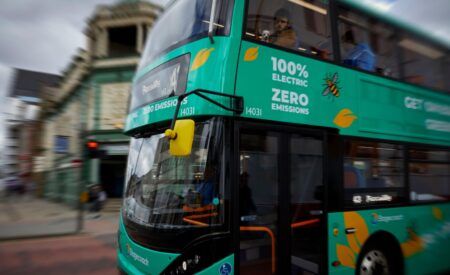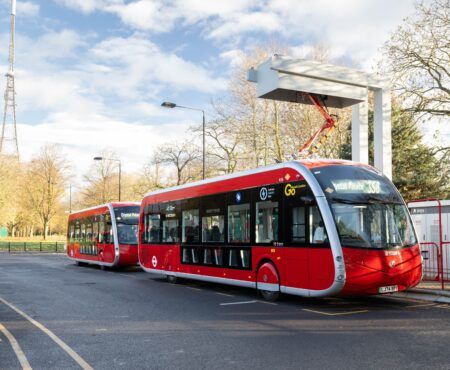Liverpool City Council has been awarded an extra £652,000 (US$791,000) by the UK Government to complete its clean air plan, which needs to be finished by the end of October, and is in addition to £1m (US$1.2m) that has already been received.
The funding will pay for transport and air quality monitoring and modelling, and to identify ways in which the council can ensure the city meets European Union (EU) standards for nitrogen dioxide (NO2) in the shortest possible time. Liverpool recently declared a climate change emergency and has pledged to cut its carbon output to zero by 2030, appointed a dedicated cabinet member for environment and climate change, and is setting up a new dedicated climate change select committee. It is estimated the city has already cut 840,000 tonnes of CO2 from the atmosphere since 2005 and has planted more half a million trees in the past 25 years, with Liverpool City Council currently on target to cut its carbon emissions by 42% by 2020.
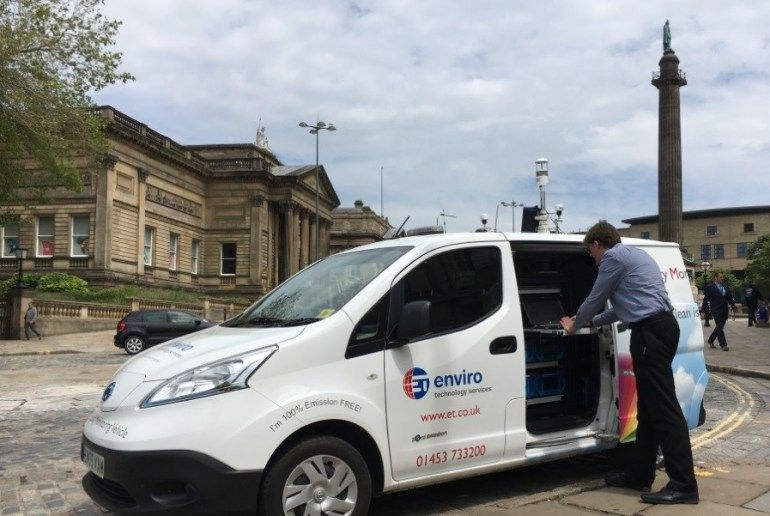
Key to the Council’s achievement includes a policy of only buying green energy, installing 27,000 LED street lights across the city, a bus priority Intelligent Transport System (ITS), and introducing ultra-low emission vehicles into its fleet. Work is already underway on a £45m (US$54.5m) connectivity strategy in the city center to improve how people travel on a more environmentally sustainable basis, with an emphasis on upgrading the public realm for pedestrians and cyclists. The Council has also deployed an Air Quality Monitoring Vehicle (AQMV), supplied by air data specialists Enviro Technology, to identify the city’s air pollution hotspots.
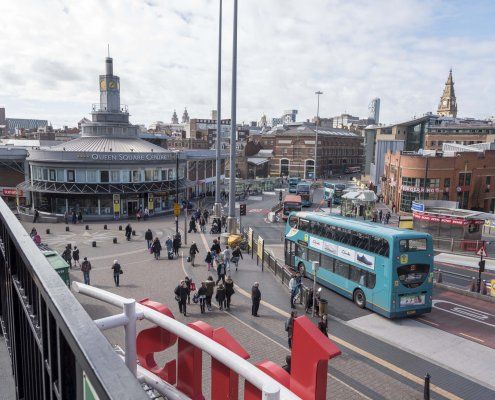
The Council is undergoing a process of converting its own cleansing and refuse collection fleet away from diesel to alternative fuels, including electric and electric-hybrid. A total of 20 compressed natural gas vehicles (CNG) are due to be introduced by Liverpool Street Services Ltd (LSSL) later this year. In addition, the city’s taxis are being encouraged to go electric or low emissions. The council is also a major partner in the £4m (US$4.8m) URBAN GreenUP project, which includes a new phase of tree planting in the city center. It is also investing in cycling and has already installed 100 bike stations, with Mayor of Liverpool, Joe Anderson, recently committing the Council to match a £2m (US$2.4m) fund to create new cycle routes.
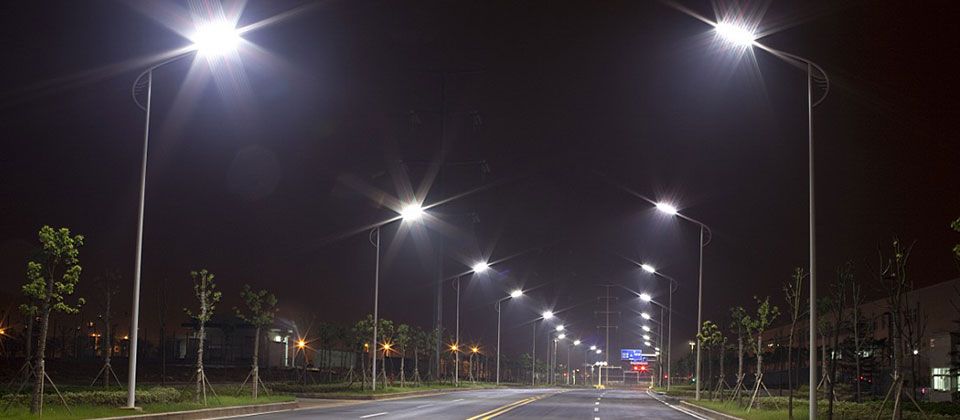
“Our population is growing and that means higher levels of traffic, which causes around 70% of air pollution across the city as a whole, with the worst air quality next to congested roads,” explained cabinet member for environment and climate change, Laura Robertson-Collins. “We are leading by example, by changing our fleet of vehicles to be greener, encouraging hackney drivers to move over to less polluting vehicles, and working with Merseytravel to deliver a better and cleaner bus service. “We’re looking to reduce traffic congestion in key areas and make improvements to roads and walkways to encourage people to walk and cycle more. But we cannot remove cars without providing a proper 21st century public transport system, and we’ll be working closely with our transport partners on making improvements.”


